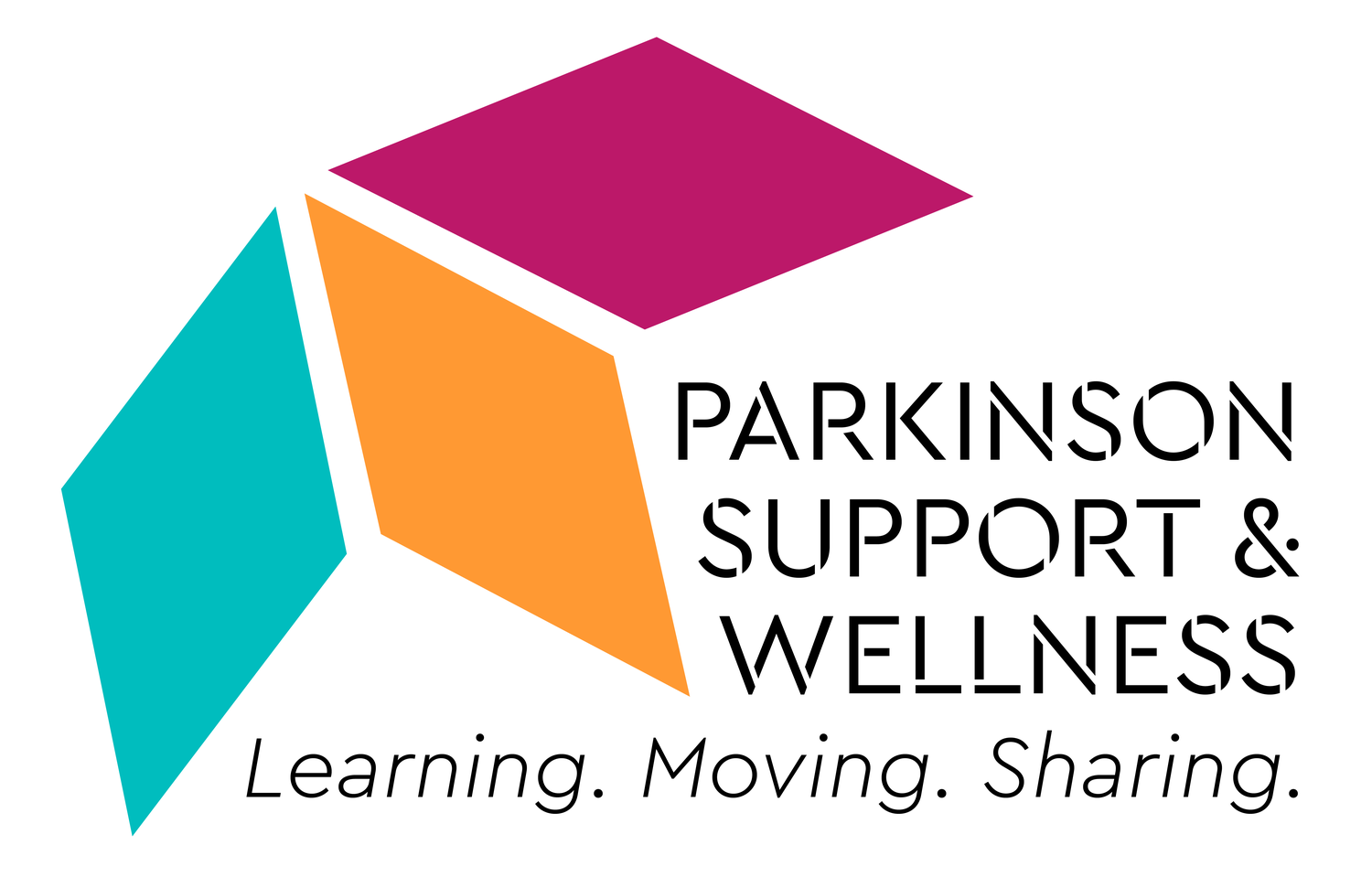By Elizabeth Grover
Sleep is essential for all people. The recommended amount of sleep for adults is eight hours each night. A pattern of good sleep can improve psychological, emotional and cognitive function. It can also strengthen the immune system and regulate appetite and blood pressure and more. It is the ultimate system reset. But disturbances in healthy sleep patterns are one of the most common non-motor symptoms of Parkinson’s disease. So what can you do about your sleep difficulties?
First you must understand what constitutes a good sleep. Sleep is enabled primarily by the balance between two factors: circadian rhythms and adenosine levels. It is not clear which factor is deficient in poor-sleeping people with Parkinson’s; there has been very little research on these folks. If you feel you could fall asleep late in the morning, if you can’t function without caffeine, if you find yourself rereading the same sentence over and over or if you regularly get less than 6 hours sleep, you may not be getting enough sleep. While some deterioration in sleep quality is normal with aging, sleep is so important that it is crucial to try to get the best night of sleep you can.
What are ways in which sleep can be disturbed? The most common in Parkinson’s are REM behavior disorder, insomnia, sleep fragmentation, excessive daytime sleepiness, sleep apnea, trouble staying asleep, vivid dreams, fatigue and restless leg syndrome. Sleep problems can even occur early in the disease, even before diagnosis. People with Parkinson’s experience different sleep patterns than most people; their deepest sleep periods are shorter and interrupted more often than usual. These are exacerbated by medications wearing off, causing the return of stiffness and difficulty moving. Sometimes we just feel too uncomfortable to sleep!
So what can you do? Although there are pharmacological treatments for sleep problems, these have potential side effects that you may not want. An alternative might be to try some strategies and behaviors aimed at improving your sleep. Together such strategies are called “sleep hygiene.” Here are some suggestions:
Prepare your bedroom by avoiding blue light (i.e. screens), darkening the room, reducing noise ( or maybe using a white noise machine), and cooling your room (65 degrees is recommended).
Develop a sleep routine which involves going to bed and getting up at the same time every day.
Limit daytime naps to 20-30 minutes.
Be careful what you eat and drink especially in the evenings. Foods that can cause indigestion or beverages that contain caffeine or alcohol or can otherwise cause you to need to urinate should be avoided.
Exercise daily, getting some sunshine if you can to help set your circadian rhythm. However, avoid vigorous exercise late in the day.
Make sure you have a safe path to the bathroom. Use of nightlights can prevent the need for turning on a light in the middle of the night.
Avoid high-energy video content in the hour or two before bed.
If you can’t sleep, get up. You can read or do something around the house.
Choose a sleeping position that is a compromise between spinal integrity and comfort. Back sleeping is best if it is comfortable for you and if you don’t snore.
Practice some meditation or relaxation exercises or take a hot bath or shower.
Thanks to Davis Phinney Foundation’s website and to Shawn Stevenson’s book Seep Smarter for much of this information.

